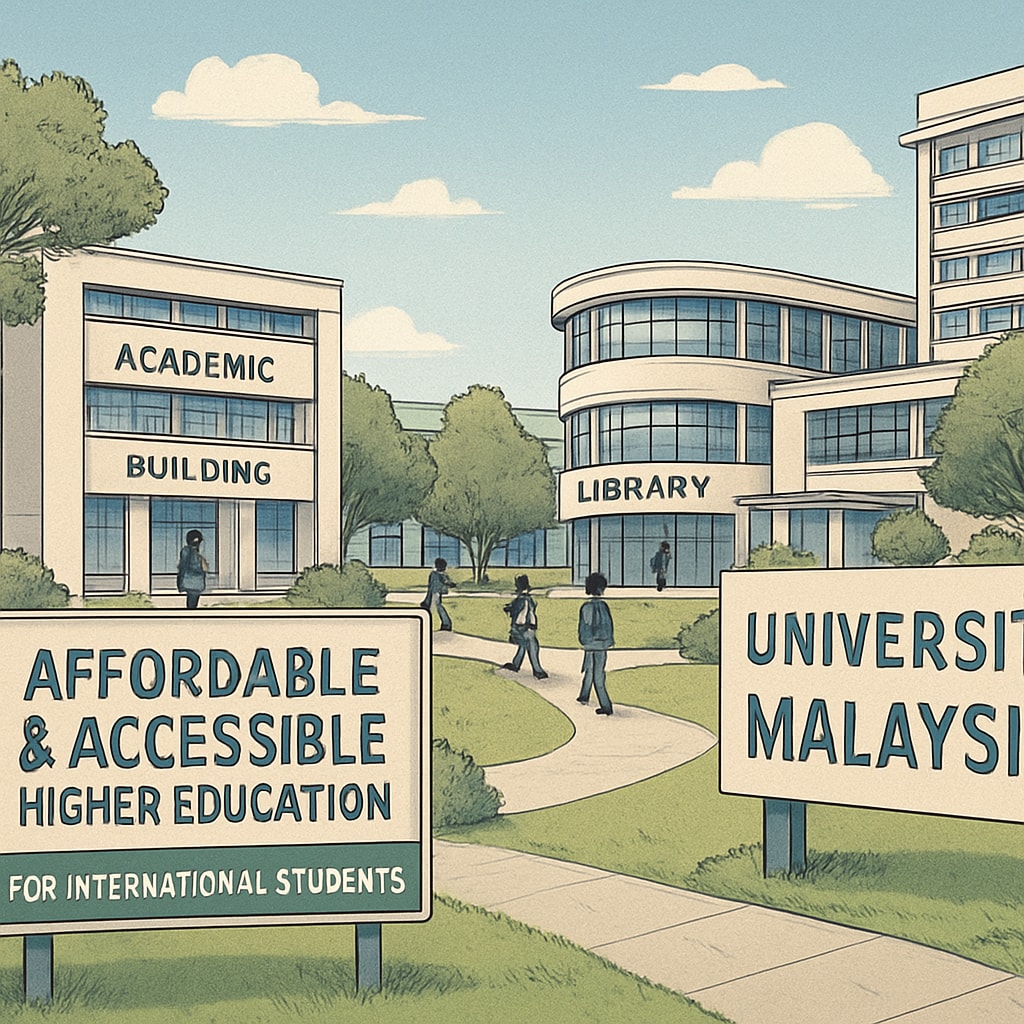International students often face unique challenges when applying to universities abroad, especially when their qualifications include AS-level results rather than full A-level certifications. Balancing academic aspirations with financial limitations creates a complex situation, but there are solutions available. In this article, we delve into strategies for navigating AS-level, university applications, and budget constraints, providing practical insights to help students find universities that fit their academic and financial needs.
Understanding AS-Level Qualifications
AS-levels (Advanced Subsidiary levels) are internationally recognized qualifications that typically form the first half of the A-level program. While completing full A-levels is often preferred by universities, many institutions still accept AS-level results, especially if supported by compelling application materials such as extracurricular achievements or strong personal statements. However, students should be prepared to research universities that explicitly state their acceptance of AS-level qualifications.
For example, some universities in countries like Malaysia and South Africa have more flexible admissions policies regarding AS-levels. Additionally, many community colleges and foundation programs in the UK or Australia offer pathways for AS-level holders to transition into full undergraduate degrees after completing preliminary courses.

Budget-Friendly University Options for AS-Level Students
Finding budget-friendly universities requires careful planning and research. Here are some strategies to identify affordable institutions:
- Consider public universities: Many public universities around the world offer lower tuition fees compared to private institutions. Countries like Germany and Norway, for example, provide low-cost or even tuition-free education for international students.
- Explore regional institutions: Universities in smaller cities or less prominent regions often have lower tuition fees and living costs. For instance, studying in Canada’s Atlantic provinces can be significantly cheaper than attending universities in Toronto or Vancouver.
- Look for scholarships: Numerous universities offer merit-based and need-based scholarships specifically for international students. Researching these opportunities early can ease financial burdens.
- Choose foundation programs: Foundation year programs are often more affordable than direct undergraduate courses and provide AS-level holders with an academic bridge to complete their qualifications and qualify for degree programs.
For further details on global tuition costs, you can explore resources like Britannica’s guide to higher education. Additionally, organizations like the World Bank provide insights into education affordability across various regions.

Tips for Making Smart Financial Decisions
Beyond choosing affordable universities, students can further optimize their finances with these tips:
- Plan living expenses: Research the cost of living in potential university locations, including housing, food, and transportation. Opt for cities with a lower cost of living.
- Work part-time: Many countries allow international students to work part-time during their studies. This can help offset living expenses and reduce financial pressure.
- Utilize online resources: Platforms like LinkedIn Learning and Coursera offer affordable courses that can bolster academic profiles without breaking the bank.
- Consult local advisors: Many countries have education consultancy services that can guide students toward budget-friendly options tailored to their needs.
In addition, students should weigh their decision based on long-term value. Investing in education is a significant commitment, and choosing a university that aligns with career goals and financial circumstances can lead to better outcomes both academically and professionally.
Key Takeaways for AS-Level Students
While applying to universities with AS-level qualifications and limited budgets may seem daunting, it is entirely feasible with the right strategies. By exploring public universities, regional institutions, foundation programs, and scholarships, students can uncover affordable options that accept AS-level results. Moreover, planning living expenses and leveraging part-time work or online resources can further ease financial challenges.
Ultimately, the key is thorough research and proactive planning. Students can achieve their academic dreams without compromising their financial stability by carefully selecting universities and programs tailored to their unique needs.
Readability guidance: This article uses concise paragraphs and lists to ensure clarity. It incorporates transition words like “however,” “in addition,” and “for example” to facilitate smooth reading. Passive voice and long sentences are minimized to maintain readability.


